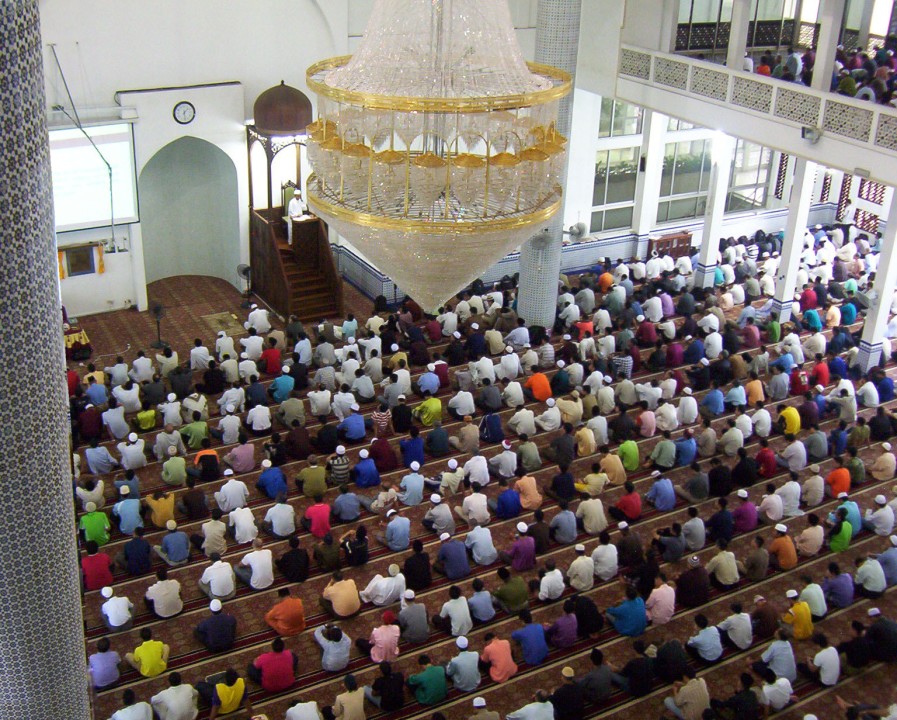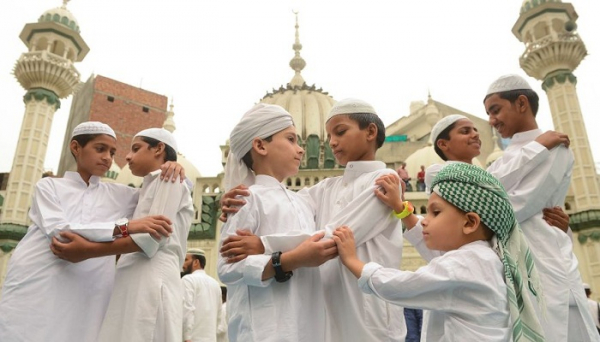
Friday is a significant day for many religions around the world. It is considered as a day of worship, rest, and reflection in different religious traditions. Let’s explore the significance of Friday in some of the major religions.
Islam:
Friday is considered the most significant day of the week in Islam. It is known as Jumu’ah and is considered a holy day. Muslims attend the Friday congregational prayers, known as Jumu’ah prayers, in the mosque. The Friday prayer is led by a religious leader, known as an Imam, and includes a sermon/khutba by Alim.
Christianity:
In Christianity, Friday is significant as the day on which Jesus Christ was crucified. It is known as Good Friday and is observed as a day of mourning and reflection. Many Christian denominations hold special services on this day. Good Friday is followed by Easter Sunday, which marks the resurrection of Jesus Christ.
Judaism:
In Judaism, Friday is known as Erev Shabbat or the eve of the Sabbath. It is considered a holy day and is the day when the Jewish Sabbath begins at sunset. Jewish families gather together on Friday evenings to light candles, recite blessings, and share a festive meal. Observant Jews refrain from work and other activities on the Sabbath, which lasts until Saturday evening.
Hinduism:
Friday is significant for Hindus as it is associated with the goddess of love and fertility, Shukra. Many Hindu devotees fast on Fridays and offer prayers to Shukra for blessings of love, fertility, and prosperity. Friday is also considered an auspicious day for performing religious ceremonies and beginning new ventures.
Sikhism:
In Sikhism, Friday is known as Guru’s Day or Guru-ka-vaar. It is a day of special significance for Sikhs, as it is the day when Guru Nanak, the founder of Sikhism, delivered his first sermon. Sikhs gather in gurdwaras on Fridays to recite hymns and listen to the Guru Granth Sahib (the Sikh holy book).
In conclusion, Friday is a significant day in different religions, representing different aspects of faith and spirituality. It is a day of worship, rest, reflection, and community gathering. The significance of Friday reminds us of the importance of taking time to connect with our beliefs, values, and traditions.
How Do Muslim Across the world celebrate Jummah:
Muslims celebrate Jummah, which is the Arabic word for Friday, in several ways. Jummah is a sacred day for Muslims, and it holds a special place in Islamic culture and tradition. Here are some of the ways Muslims celebrate Jummah:
- Attending the Friday Prayer: The most important way Muslims celebrate Jummah is by attending the Friday congregational prayer, which is performed in the mosque. Muslims gather in the mosque for the Friday prayer, which consists of a sermon (khutbah) by alim and two units of congregational prayer (salat)/Jummah Salat-e-Jamaat.
- Reciting Surah Al-Kahf/ Duas: Muslims also recite Surah Al-Kahf (the 18th chapter of the Quran) on Friday. It is believed that reciting this Surah on Friday brings blessings and protection from calamities. People also recite Ziyarat-e-Waritha, which is a prayer in honor of the Prophet Muhammad (PBUH) and his family, particularly Imam Hussain (A.S).
- Observing fasting: Some Muslims observe fasting on Friday as it is considered a highly virtuous day to fast. Fasting on Fridays can also be a way of showing gratitude and devotion to Allah.
- Seeking forgiveness: Muslims also use Jummah as an opportunity to seek forgiveness and repent for their sins. They do this by engaging in dhikr (remembrance of Allah), reading Quran, and making dua (supplication) to Allah.
- Spending time with family: After the Friday prayer, it is common for Muslims to spend time with their families and friends. They may share meals, visit each other’s homes, or engage in other social activities.
In conclusion, Jummah is an important day for Muslims, and they celebrate it in various ways. Attending the Friday prayer, reciting Quran, observing fasting, seeking forgiveness, doing charity, and spending time with family are some of the common ways Muslims celebrate Jummah.


 Associated with Brain Craft Ltd.
Associated with Brain Craft Ltd.
